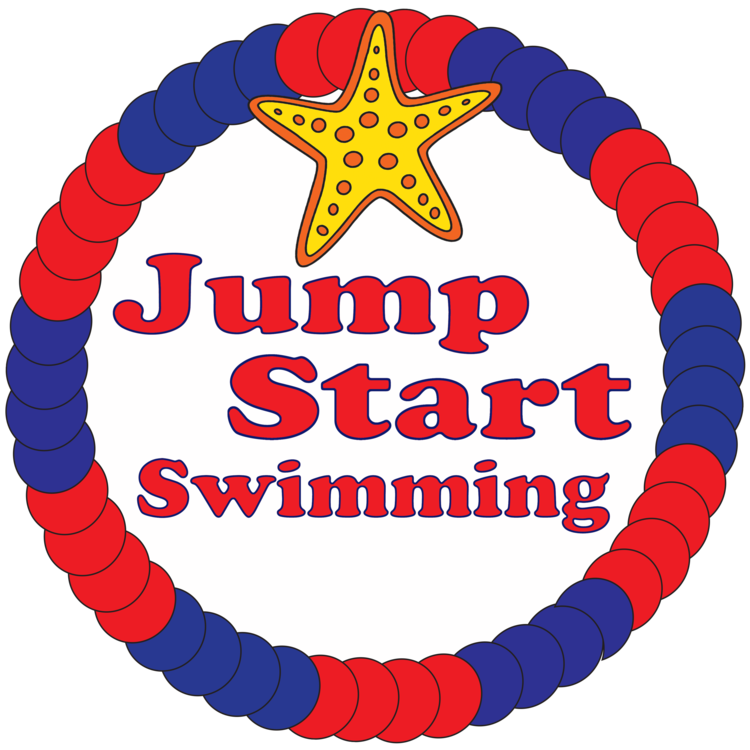Babies Can Swim! When To Start Swim Lessons and Why!
Babies Can Swim! All of the Benefits
That May Surprise You!
Original Article By: Lana Whitehead
Did you know that babies can develop a passion for swimming? They are born with a love for the water so parents can go together on an exciting adventure as their child learns about water and eventually learns to swim!
Here are some fun facts about babies and swimming:
- Children under six months have a natural inclination towards the water due to their primitive stroke action and a gag reflex that enables them to hold their breath under water.
- Early introduction to aquatics is best, because a child under age one is less influenced by negative attitudes about the water.
- Children who take baby swimming classes are known to do better in gripping, reaching and balance tests than non-swimming babies.
- Early exposure to water will not only encourage a desire to swim but will reduce the chances of a child developing a fear of water.
- A study conducted by Ruth Brenner and her colleagues in 2009 at the National Institute of Health, discovered that participation in formal swimming lessons can reduce the risk of drowning by 88% among children aged 1-4 years.
- The goal for the combination of swim and water safety lessons for the 1-4 year old is for them to learn a swim-float-swim technique used worldwide to prepare the child for an emergency situation.
To read more visit : http://brainworldmagazine.com/babies-can-swim-when-to-begin-swim-lessons-and-why/


